Maca Root
Cómo conseguirlo
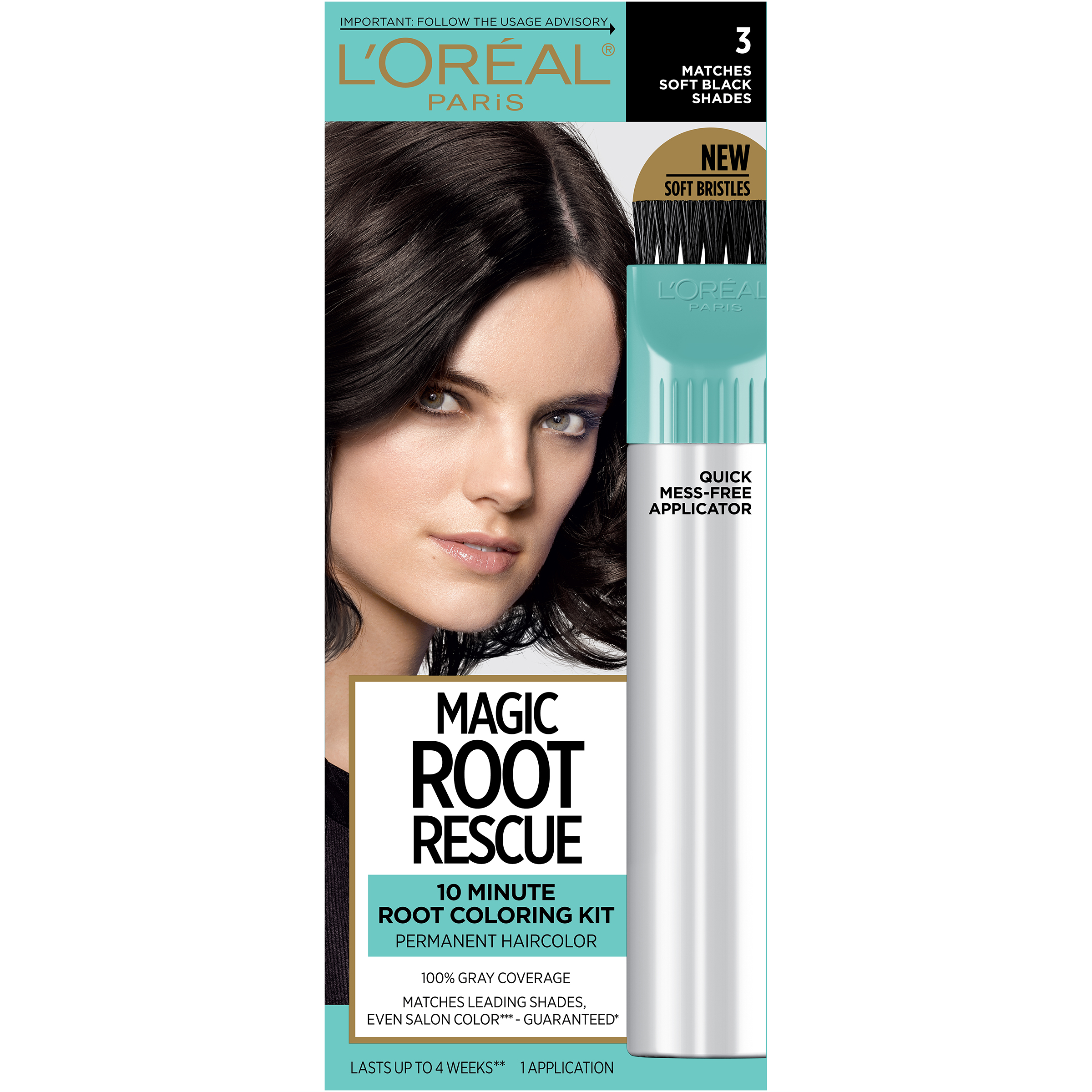)
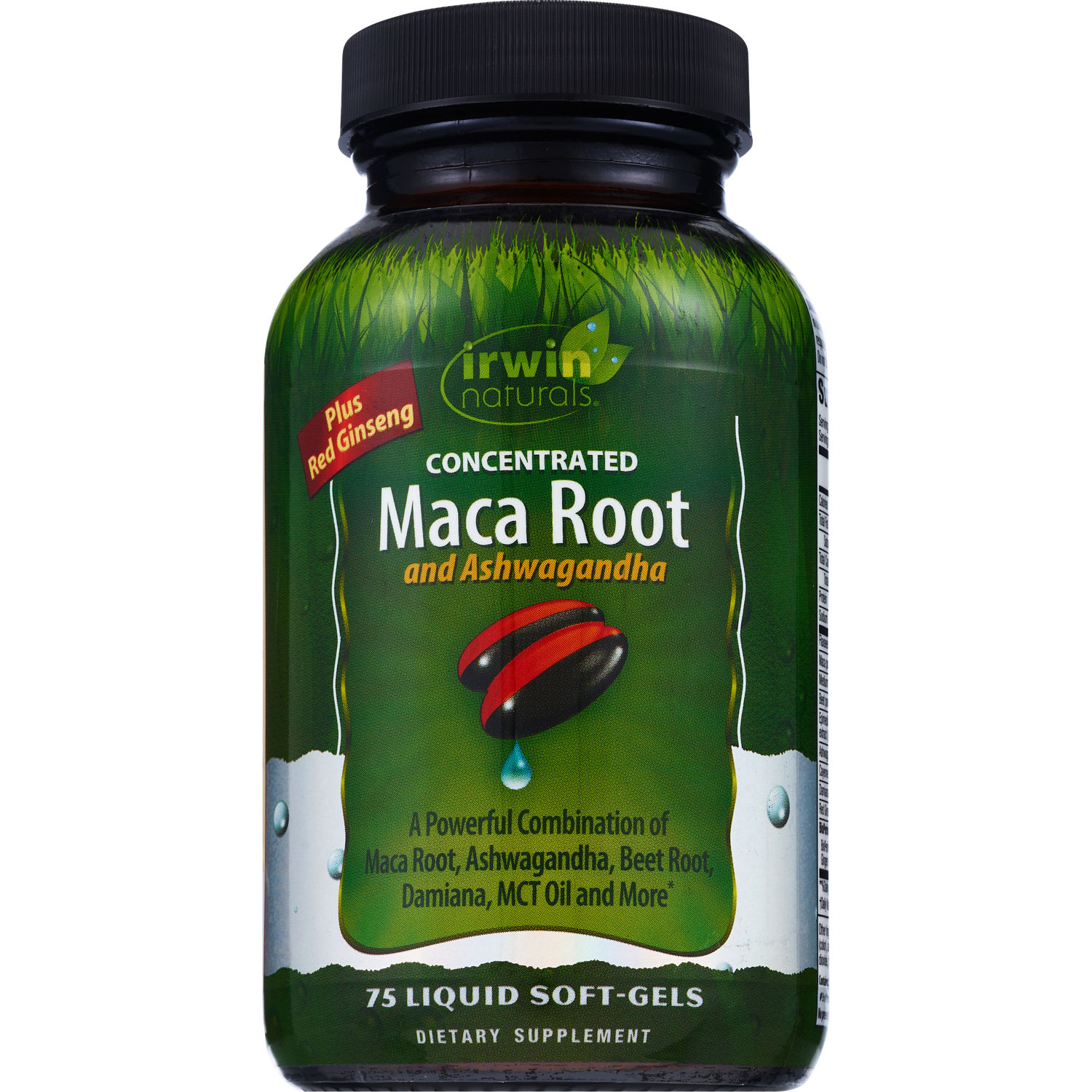)
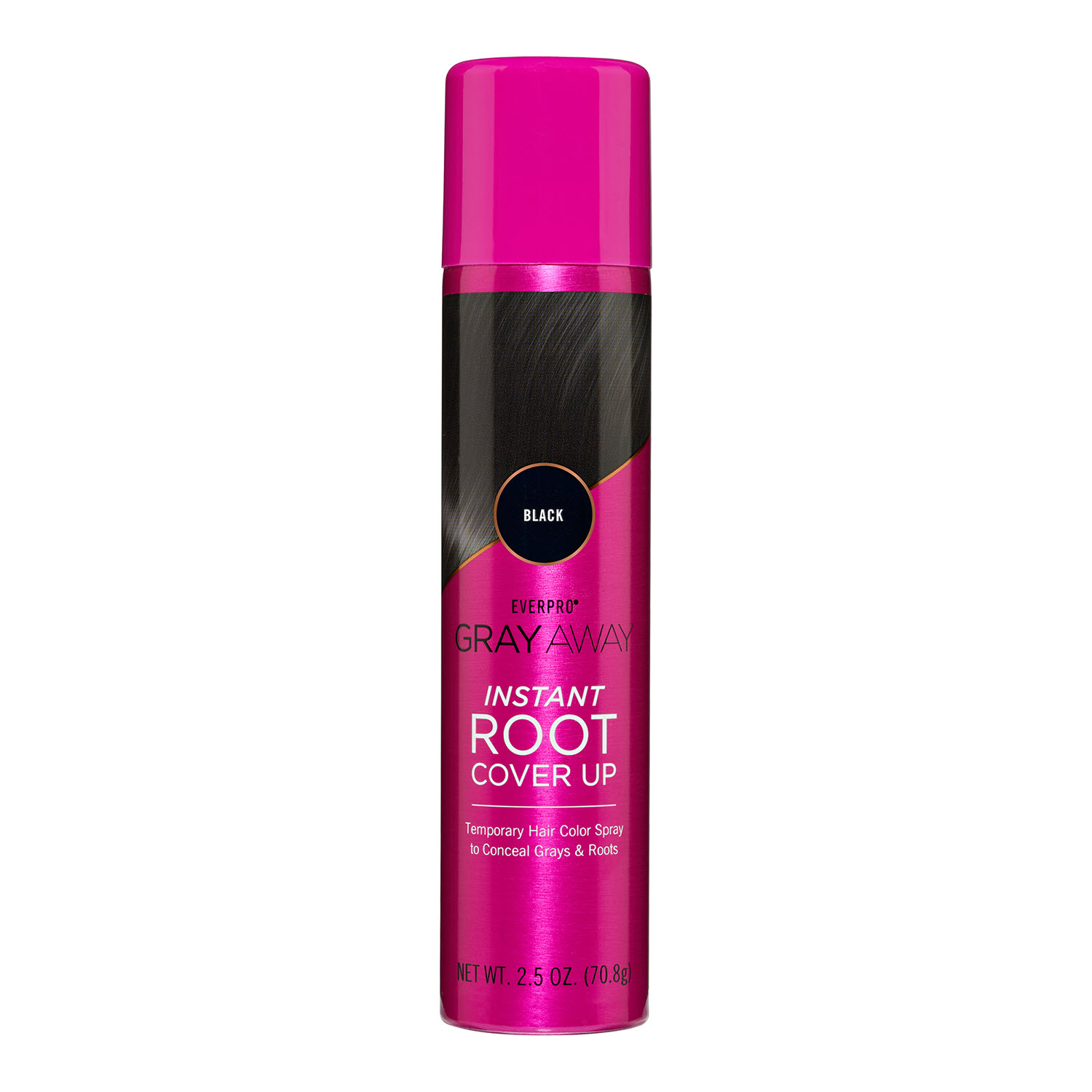)
)
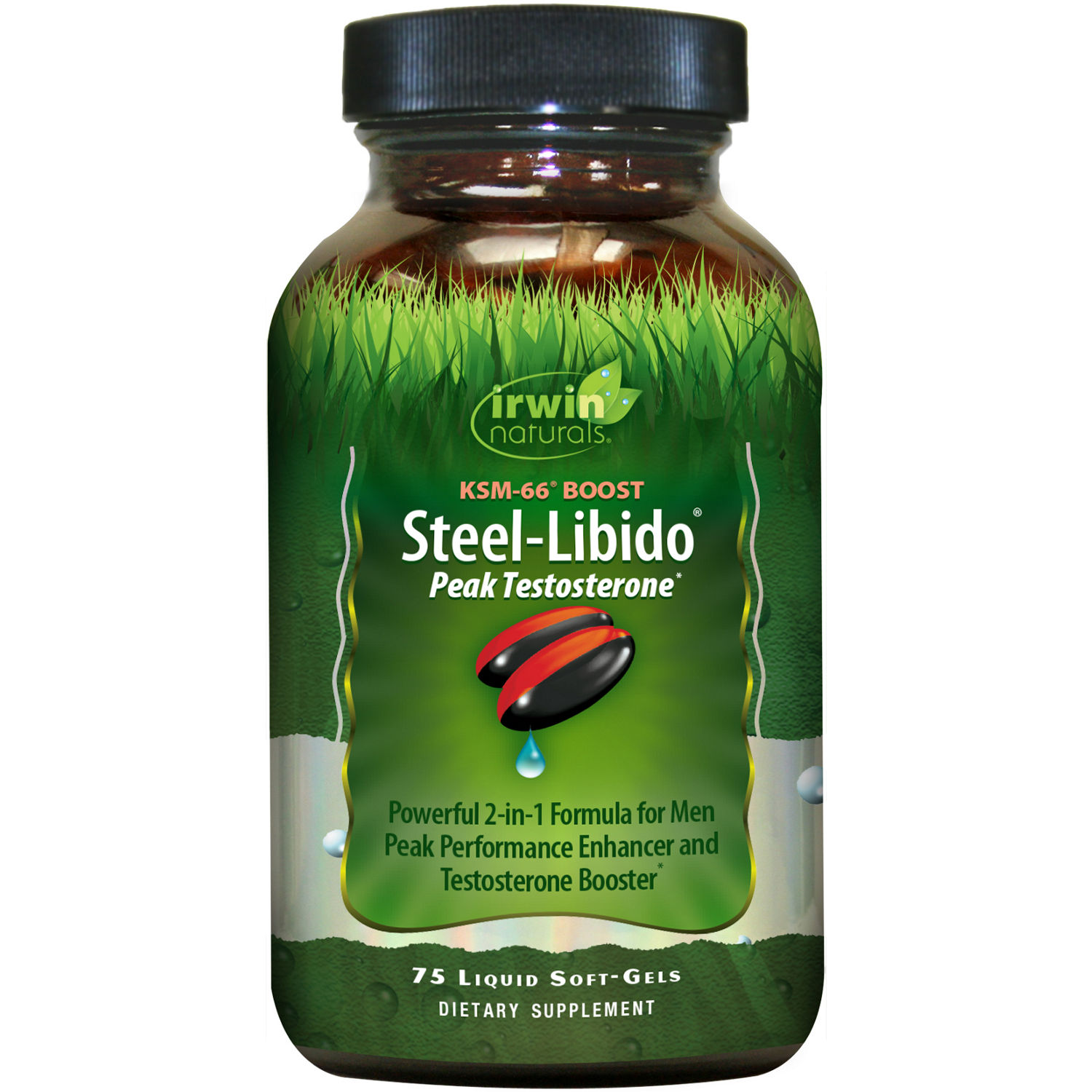)
)
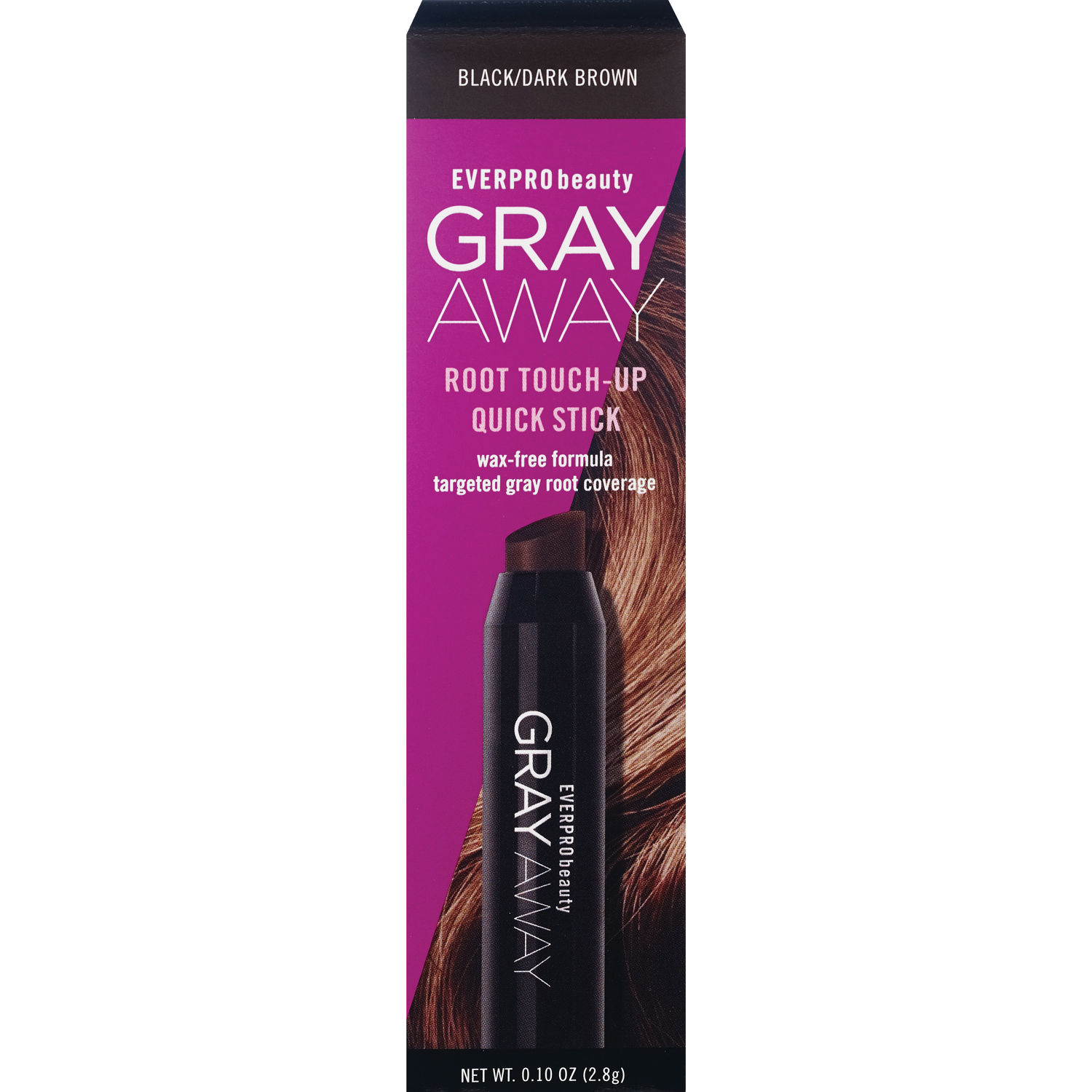)
)
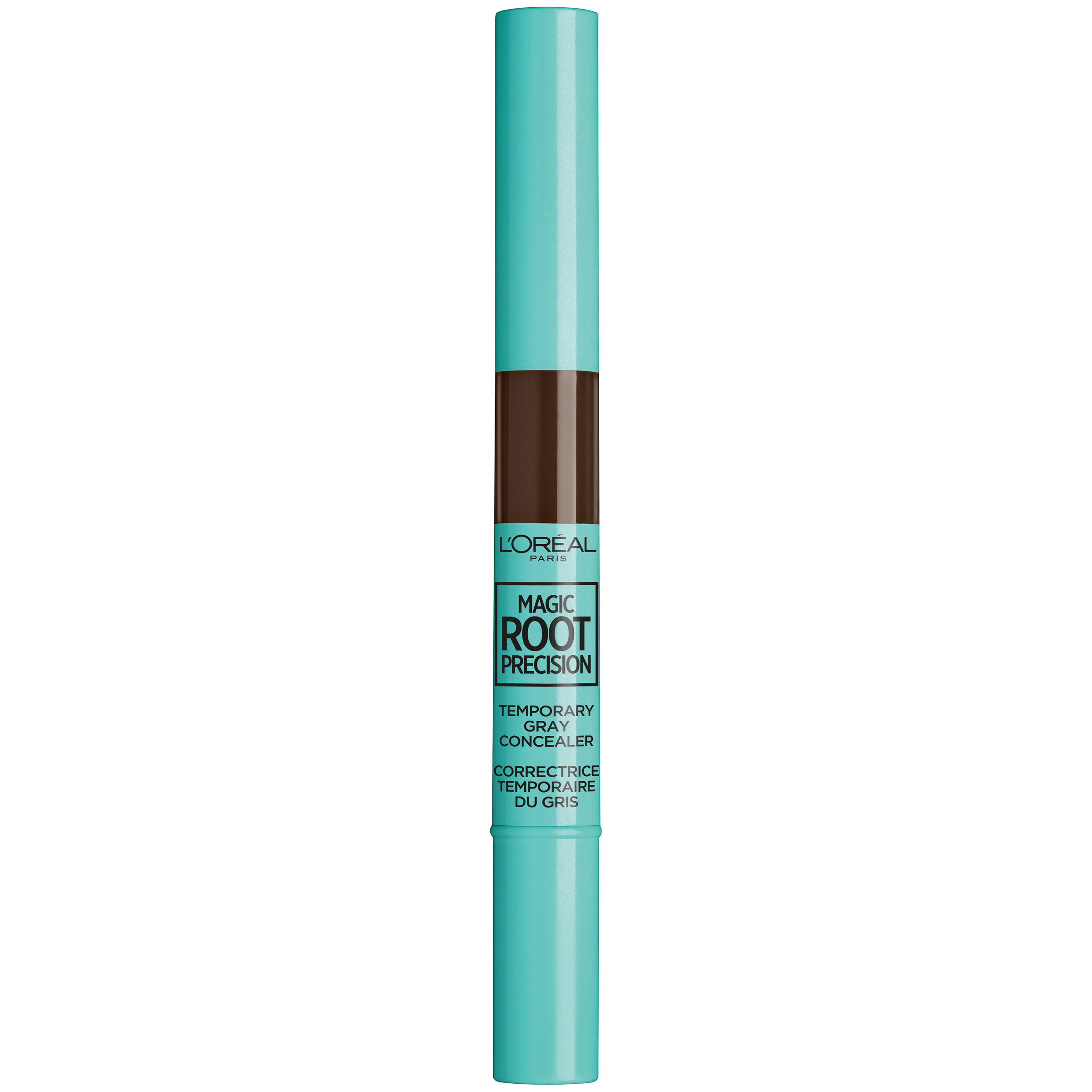)
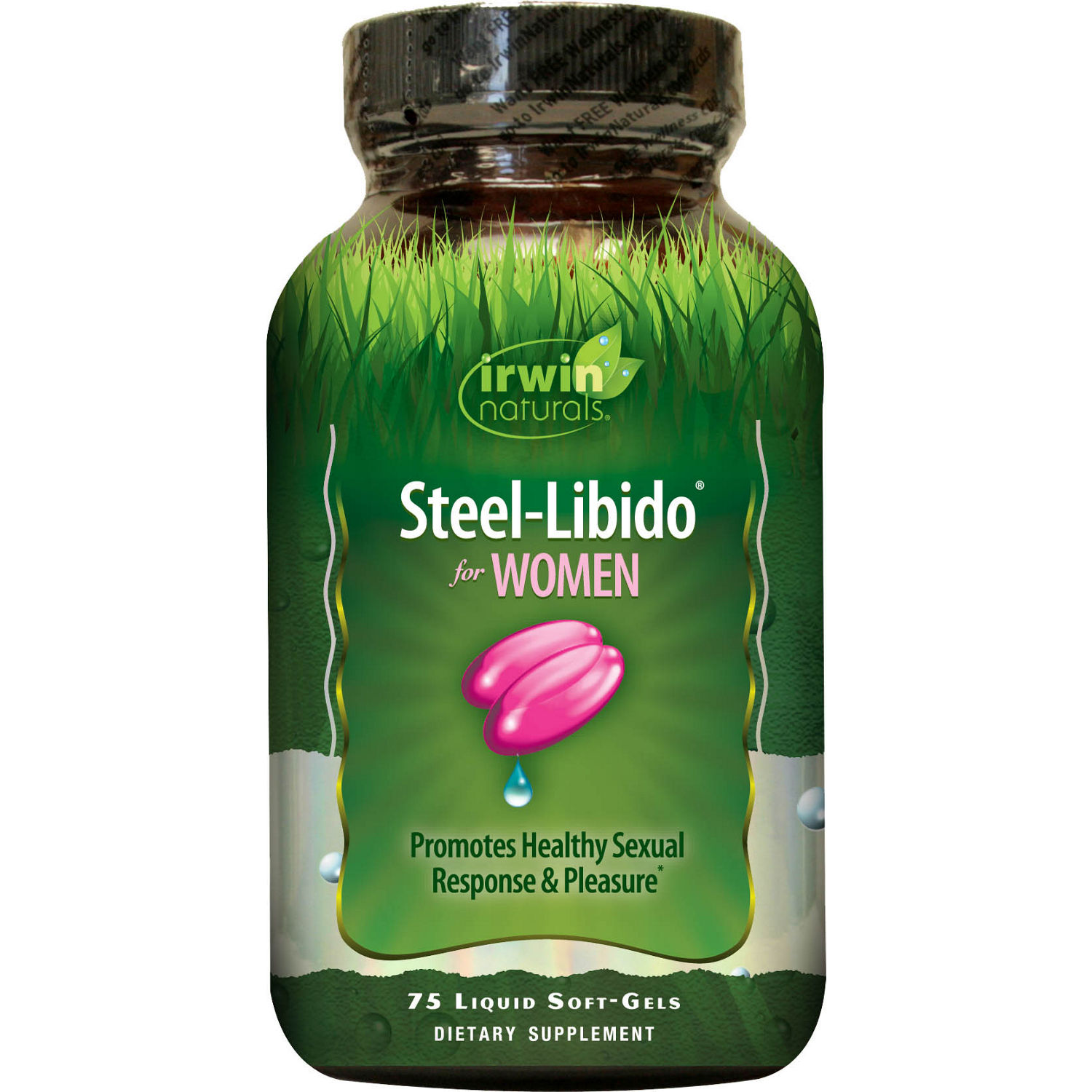)
)
What Is Maca Root?
Maca root is derived from the maca plant, which is native to Peru. This Peruvian plant is abundant in the Andes mountains. CVS offers a wide selection of supplements and products made with maca root.
Maca root is also referred to as Peruvian ginseng despite not being part of the same botanical family. The plant is a cruciferous vegetable, which makes it related to kale, broccoli, and cabbage.
What Does Maca Root Do?
Maca root has been used by people for centuries as part of traditional medicine. In Peru, people add the whole maca root to oatmeal and soup. It is also common to roast it and eat it just like other vegetables or use it to make Maca Chica, which is a fermented drink.
Today, it is typically added to juices, smoothies, and shakes. The ground root is also a popular addition to coffee, oils, and chocolate. One of the most popular recipes that call for maca root includes energy bites, where it is mixed with peanut butter, rolled oats, and a dash of cinnamon.
Maca root is a great source of carbs and fiber, as well as essential minerals and vitamins such as iron, vitamin C, and copper. It is also rich in plant compounds, including polyphenols and glucosinolates.
What Is Maca Root Good For
The most popular benefit of maca root is it can increase libido. Powders and supplements made with maca root are heavily advertised in both women and men to improve their desire and enhance fertility.
Peruvian natives also make their children consume maca root since it is believed to help with their learning and memory in school.
Additionally, maca root can also help relieve the symptoms associated with menopause, such as poor sleep, hot flushes, and night sweats. In a 2015 study where postmenopausal women were given maca for six weeks, the results showed a decrease in diastolic blood pressure and depression compared to those who were only given a placebo.
Some studies also suggest it can lift the mood and improve energy levels. This makes it a must-have for endurance athletes, especially those who partake in marathon events. Despite being an energy booster, maca does not act the same way as other stimulants, which give a quick burst of energy and increase cortisol and epinephrine. Instead, maca takes two to three weeks to take effect, and it does not affect blood pressure.

)
)
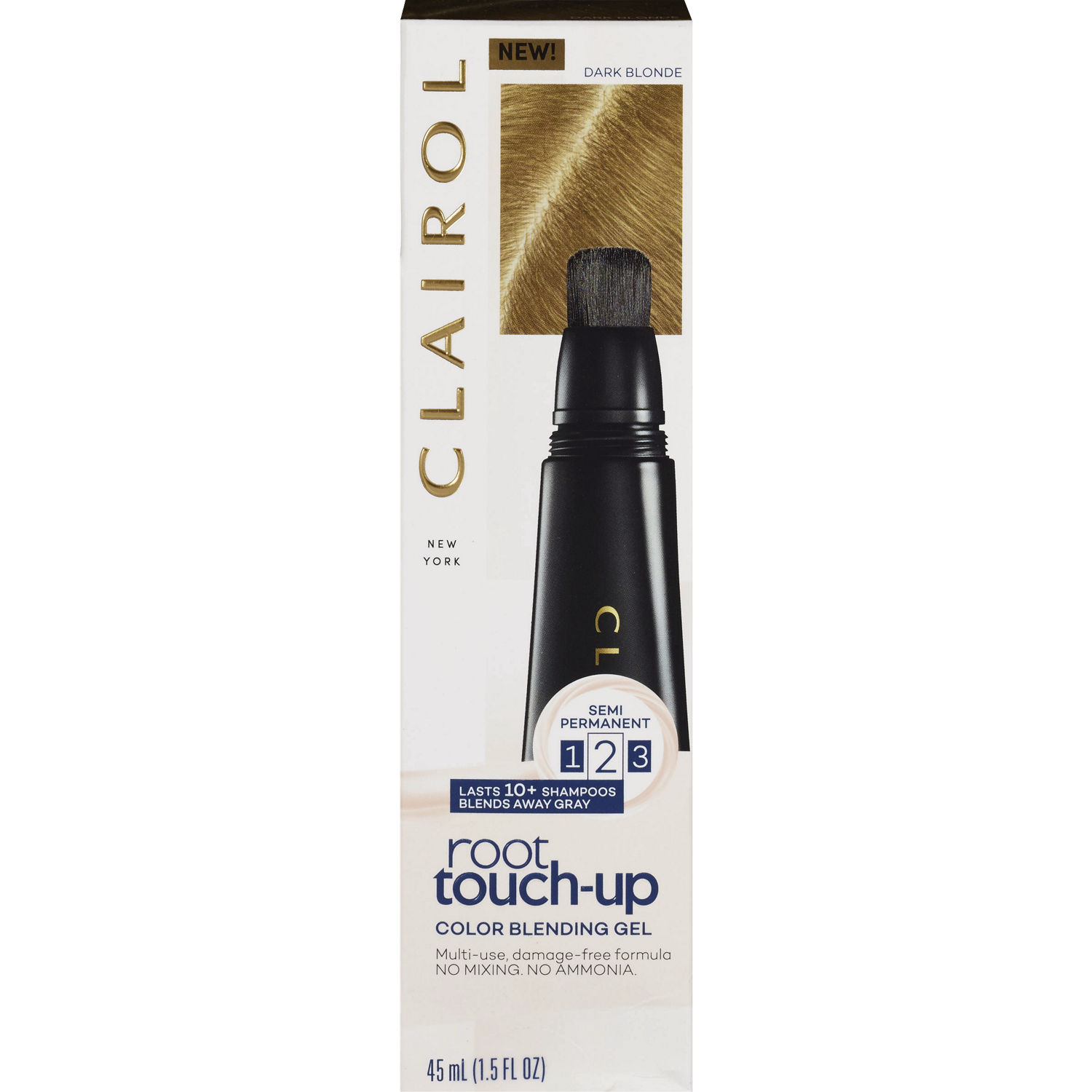)
)